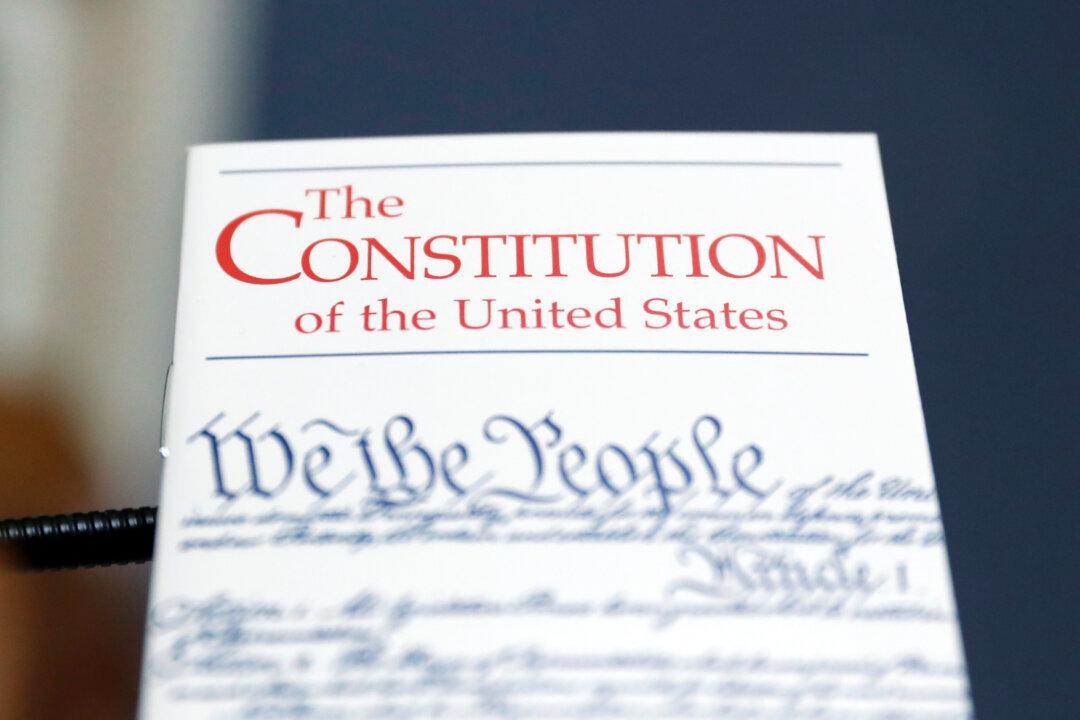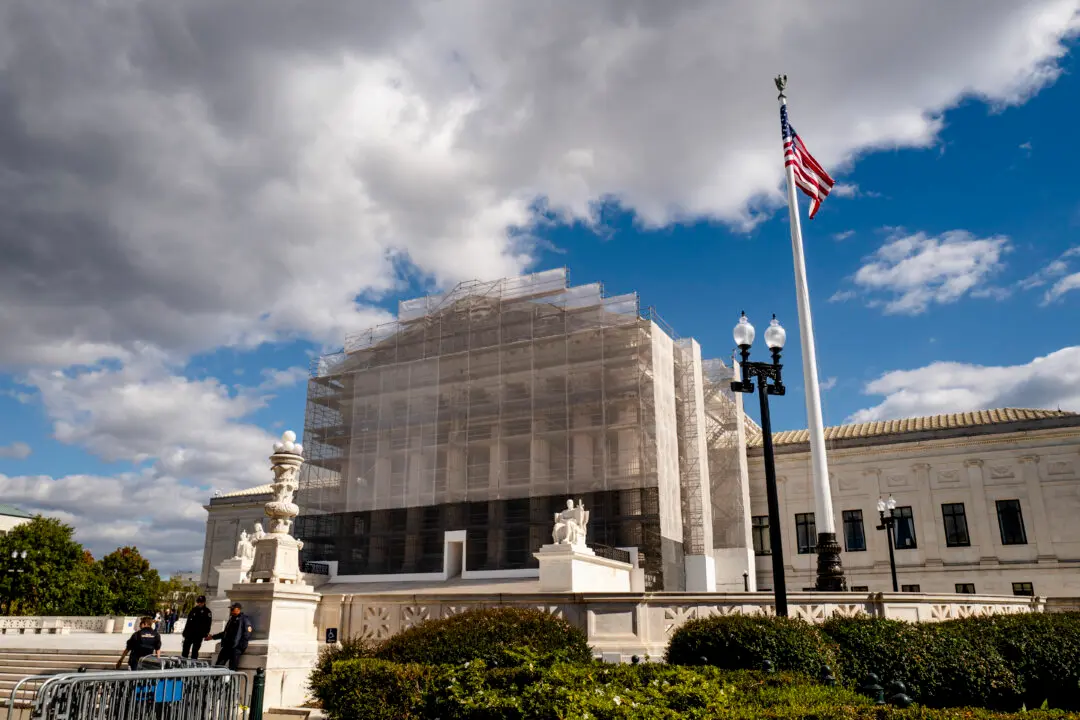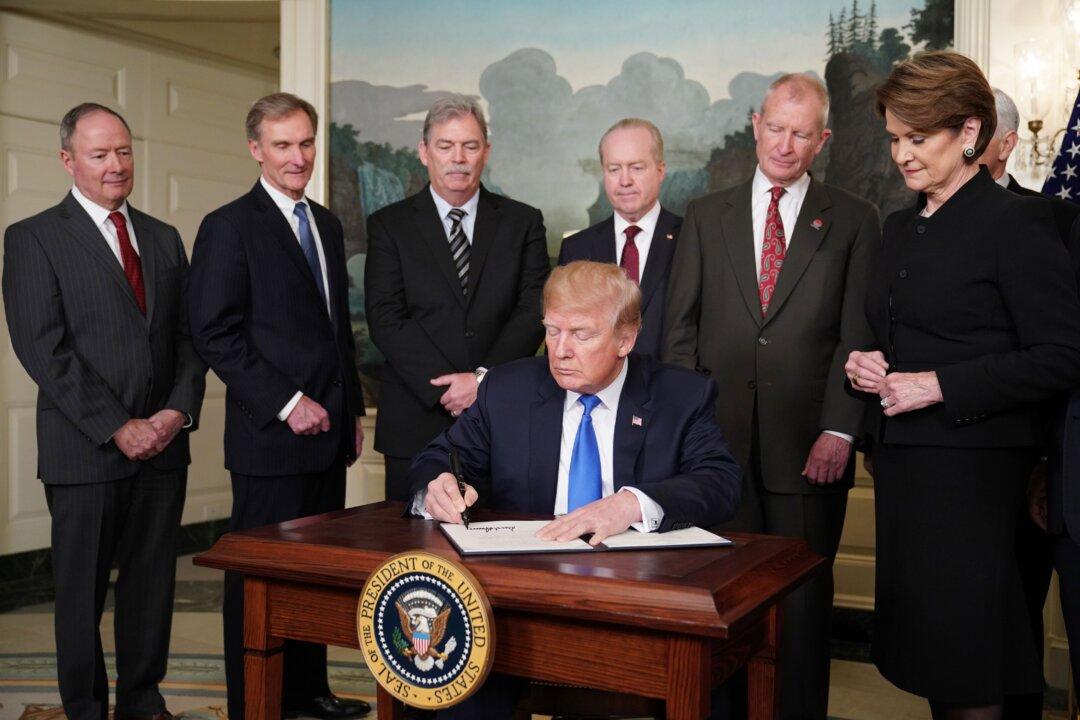Commentary
Here are five frequent assertions about the Constitution. Their common characteristic is that they’re all false:
- “The Constitution left the states with no power to regulate commerce.”
- “The federal government has no power to regulate immigration.”
- “The Constitution forbids the federal government from issuing paper money.”
- “The Founders drew a sharp distinction between a republic and a democracy, and they created only a republic, not a democracy.”
- “A convention for proposing amendments is a constitutional convention that cannot be limited by law.”





